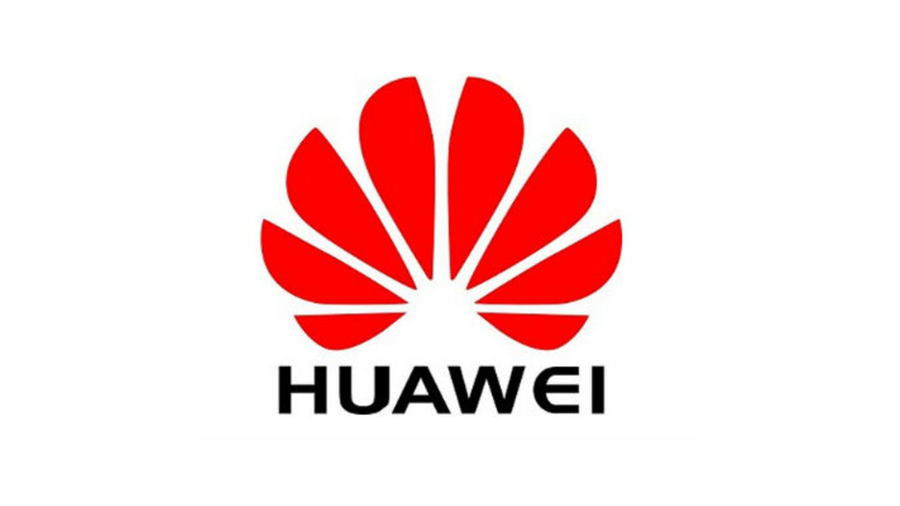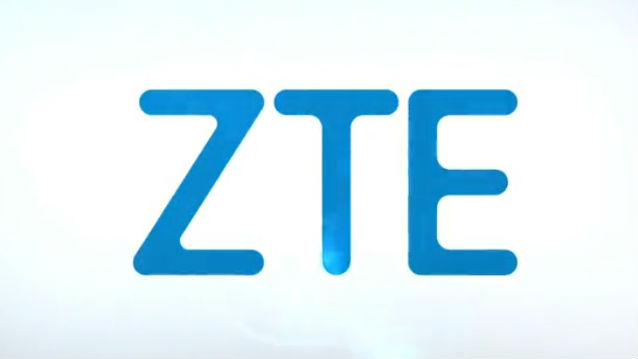ZTE, Huawei Contract Ban Still Work in Progress
The smarter way to stay on top of the multichannel video marketplace. Sign up below.
You are now subscribed
Your newsletter sign-up was successful
Tech company government contractors said they may not all be able to comply immediately with a new prohibition on suspect tech.

The interim rule implementing the National Defense Authorization Act ban on the use of tech from Huawei and ZTE (as well as surveillance tech from three other companies, Hytera, Hangzhou Hikvision Digital Technology Co., and Dahua Technology Co.), went into effect for government contractors Thursday (Aug. 13).
Due to their alleged connections to the Chinese government, those companies' tech in U.S. networks was deemed a national security risk.
Related: Chinese Telecoms Unwelcome in Government Contracts
In response to the rule's trigger, ITI, the Information Technology Industry Council, which represents hardware and networking equipment manufacturers and software developers, said Thursday that its members "wholeheartedly" support the goal of protecting the federal tech supply chain from potentially compromised equipment. "However, because of the extended time it took to roll out rules for these far-reaching requirements, contractors may not be able to consistently meet the law’s objectives," warned Gordon Bitko, SVP for public sector policy."
ITI said it would continue to provide "input" on the rule while working with federal agencies to to both secure networks and "minimize unintended negative commercial impacts."

Because of the national security issues and the Aug. 13 congressional deadline, the rule was implemented without public comment and the normal OMB review under the Paperwork Reduction Act, but there will still be an opportunity to comment, the Administration said, which is why it is an interim rule, not the final one.
The smarter way to stay on top of the multichannel video marketplace. Sign up below.
Related: Huawei President Pushes Back
The interim rule revises the Federal Acquisition Regulation (FAR) and "prohibits agencies from procuring or obtaining, or extending or renewing a contract to procure or obtain, any equipment, system, or service that uses covered telecommunications equipment or services as a substantial or essential component of any system, or as a critical technology as part of any system, on or after Aug. 13, 2019."
Related: Reports Have White House Implementing Tech-Blocking Provision
There is an opportunity for a one-time waiver for up to a year, determined on a case-by-case basis, as well as for the Director of National Intelligence to issue waivers, though that is one of the agencies that has said Chinese telecoms pose a national security threat due to the influence of the Chinese government.
The rule will apply to contracts that usually do not trigger the rule because they are relatively small purchases, and to contracts for off-the-shelf purchases. The Administration has concluded that there is an unacceptable level of risk that is not mitigated by the size of the purchase or the fact that the equipment and/or service "has been sold or offered for sale to the general public, either in the same form or a modified form."
Contributing editor John Eggerton has been an editor and/or writer on media regulation, legislation and policy for over four decades, including covering the FCC, FTC, Congress, the major media trade associations, and the federal courts. In addition to Multichannel News and Broadcasting + Cable, his work has appeared in Radio World, TV Technology, TV Fax, This Week in Consumer Electronics, Variety and the Encyclopedia Britannica.

